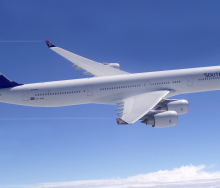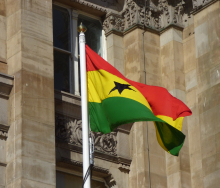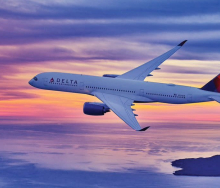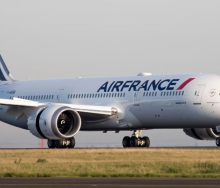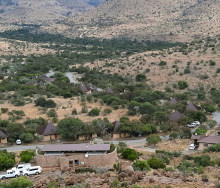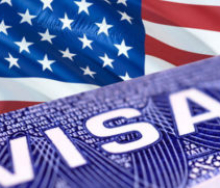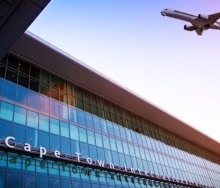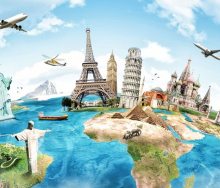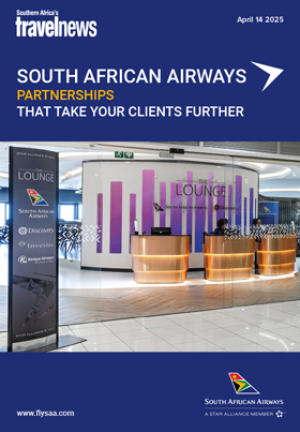The airline industry is bracing for significant changes with US President Donald Trump’s return to the White House.
The new administration's approach could reshape air travel, not just in the US but globally, from airfare fluctuations to passenger compensation and environmental regulations.
Airlines call for passenger compensation review to be scrapped
One of the most pressing concerns for airlines is the proposed passenger compensation rules introduced under the Biden Administration.
The US Department of Transportation (DOT) has been considering regulations requiring airlines to compensate passengers for delays not caused by weather, as reported by Travel News.
Compensation amounts ranged from US$200 to US$300 (R3 700 to R5 550) for delays over three hours to as much as US$775 (R14 330) for delays beyond nine hours, reports TravelMole.
However, US airlines are pushing for the Trump Administration to scrap this review entirely, citing financial concerns.
Trade group, Airlines for America, argues that mandatory compensation could increase ticket prices to offset costs.
Joachim Vermooten, an aviation economist and chartered accountant, told Travel News that, because of this, “passenger consumer rights may be watered down, and penalties on airlines may be reduced”.
Policies and tariffs
Trump’s economic policies, including potential tax cuts and deregulation, could also influence airline ticket prices.
Marco Ciocchetti, CEO of XL Travel, warns that new tariffs could potentially lead to increased costs for airlines, especially if tariffs affect the price of aircraft parts or fuel, and result in higher ticket prices for international flights to offset costs.
For flights between South Africa and the US, Vermooten notes that South Africa's potential expulsion from the African Growth and Opportunity Act could reduce traffic volumes, leading to higher ticket prices.
“This uncertainty should be approached with caution,” he says.
Visa processing and travel restrictions
Under Trump’s previous administration, visa policies became stricter, causing longer processing times and increased denials.
Ciocchetti worries that similar measures could return. “Past policies emphasised tighter security measures, which could mean additional scrutiny and longer wait times for tourist visas and increased visa denials, with the possibility of additional requirements. Hopefully, it will not be the case.”
Vermooten, however, does not anticipate immediate changes. “Visa processing times would remain as they are, except if other directives are issued.”
Environmental and regulatory rollbacks
Another significant shift expected under Trump is a rollback of environmental policies affecting aviation.
The US had committed to reducing carbon emissions under the International Civil Aviation Organization’s Carbon Offset and Reduction Scheme for International Aviation.
However, Vermooten believes Trump’s scepticism toward climate initiatives could result in the US withdrawing from these commitments.
Additionally, he concludes that federal support for sustainable aviation fuel development is expected to decline.



